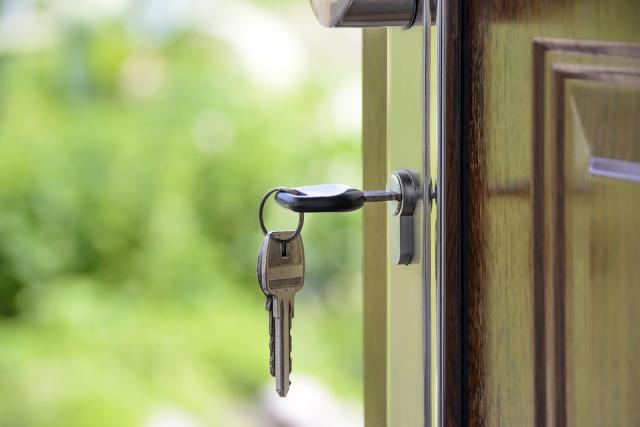Elsie Lange
The state of the rental market in the Macedon Ranges has been a concern to locals for some time.
Back in April, founder of Woodend Community Chest Reverend Melissa Clark told Star Weekly it was nearly impossible to find an affordable place to rent in the region.
“There are no rentals available and when they do come up, they are very expensive,” she said.
Recent property and rental data from SQM Research shows in Woodend, the vacancy rate in May this year was 0.4 per cent, in Gisborne it was 0.5 per cent and in Romsey, 0.8 per cent.
According to the data, the national vacancy rate is sitting at 1 per cent.
Everybody’s Home spokesperson Kate Colvin explained a healthy vacancy rate sits between 2 to 3 per cent, where there’s roughly the same amount of renters as there are rental properties on the market.
Ms Colvin said a vacancy rate like Woodend’s is “really low” and suggests there’s more renters looking for properties than there are properties available.
“That’s where you end up with big increases in rents, because all of that competition means that real estate agents can see that even if they increase the price for the property, they’ll still be able to rent it out,” Ms Colvin said.
“Often they do take that opportunity.”
Looking at the region as a whole using Department of Families, Fairness and Housing quarterly data ending in March this year, the median cost of renting a home in the Macedon Ranges was $480 a week, well above the statewide average of $400.
At a Macedon Ranges council meeting in June, a resident asked about effect of short-stay accommodation on the availability and affordability of longer-term rentals, as the region is considered a tourism destination.
Council said short term accommodation was a state government responsibility, but welcomed the government’s $5 billion Big Housing Build to deliver about 12,000 new dwellings across the state.
“Council is pleased that Macedon Ranges shire has been earmarked to receive a minimum investment of $30 million through this program, which will go some way towards addressing housing issues in the shire,” council said.
Ms Colvin said while Everybody’s Home welcomed the state government’s investment, she said it needs to continue beyond its wrap date of 2024 to make a dent in the consequences of “a decade of housing neglect”.
“While the Victorian state government has invested in social housing, we will only start to see significant change once we see a significant promise from the federal government as well,” Ms Colvin said.







